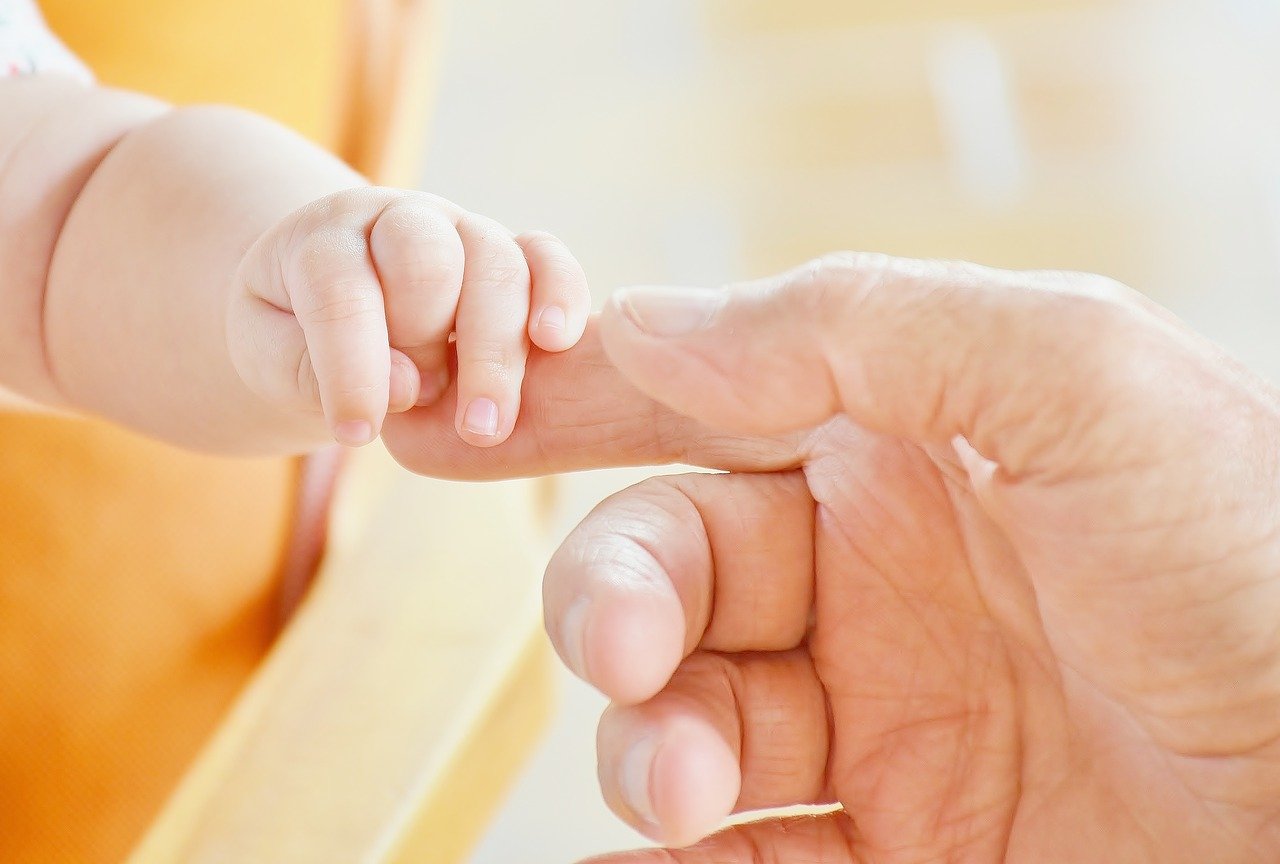 Life may seem overwhelming when your first child arrives. You may not know what you’re doing, even though you’ve been practising for several months. This article will help ease your mind. Here are a few things you should do for your new baby. They will help build a strong connection between the two of you, which is vital to a happy relationship.
Life may seem overwhelming when your first child arrives. You may not know what you’re doing, even though you’ve been practising for several months. This article will help ease your mind. Here are a few things you should do for your new baby. They will help build a strong connection between the two of you, which is vital to a happy relationship.
Table of Contents
- 1 You may need to change diapers as frequently as necessary.
- 2 In the first year, two or three baths per week are fine. Bathing more frequently can dry out the skin.
- 3 Sleeping on their back is the best position for babies.
- 4 Babies should be fed whenever they seem hungry – on demand.
- 5 Consult with your child’s doctor about more specialised questions
- 6 Conclusion
You may need to change diapers as frequently as necessary.
Diapers are a necessity in a child’s life. Babies tend to go through them quickly, and you will need to change them throughout the day. A baby should have a diaper change about every two hours after eating to avoid a soiled diaper. Newborns usually have a bowel movement within a couple of hours of eating.
You may need to change diapers about 10 times per day or 70 times per week for your child. This depends on the number of feedings and the number of outings that you go on.
In the first year, two or three baths per week are fine. Bathing more frequently can dry out the skin.
Most parents will give their baby a bath after every change of diaper. But you will soon discover bathing your baby this frequently can cause dryness of the skin. Gently cleanse your baby during each diaper change, whether at home or out of the house. Most babies do not need daily baths during the first year of life, especially if they spend most of their time indoors.
One of the first things you will notice about your baby is his or her delicate skin. After all, it is brand new and sensitive to everything. With some tender caring, your baby will be soft and sweet-smelling for his or her entire life.
Sleeping on their back is the best position for babies.
Sleeping on their back is recommended for babies up to 1 year of age or until they rollover. When on their back, their nose and mouth can’t block each other if they start to turn onto their tummy during sleep (which may be hard to resist as it’s also something many of them will do during the day if they roll onto their tummy).
Babies who sleep on their backs tend to breathe more easily and deeply. They are not as likely to get snuffly or strained breathing. If your baby sleeps on his or her tummy or side, they’re more likely to have a Sudden Infant Death Syndrome (SIDS) accident.
Babies should be fed whenever they seem hungry – on demand.
Whether your baby is breast or bottle-fed, it’s best to simply feed your baby whenever they need it or are show signs of hunger (e.g., turning their head side-to-side, rubbing their face, sucking their hands, smacking their lips, pushing away from the breast/bottle).
Babies cry for many reasons – hunger, loneliness, wet diaper, gas pains. By feeding babies on demand, you help them develop a regular eating pattern and avoid becoming overly dependent on being fed at set times. Babies need to eat every 1.5 to 3 hours during the day and every 3 to 4 hours at night – but not on a schedule
Consult with your child’s doctor about more specialised questions
First-time parents are often anxious about whether they are doing enough to prepare for the arrival of their new baby. A good place to start is by consulting with your child’s doctor about more specialised questions you may have; or better still, a health insurance plan for your child would be a good thing to invest in so that you can have peace of mind to know they’re covered at all times and will get the best possible care.
Conclusion
Being a first-time parent is an incredibly exciting time. There are so many choices to make, questions to ask, and new experiences to encounter with your little bundle of joy. Oftentimes, all this new information can be overwhelming for first-time parents.
Being a parent is the most important job you will ever have. This article gives some guidance on how to be prepared for this special moment in your life.

